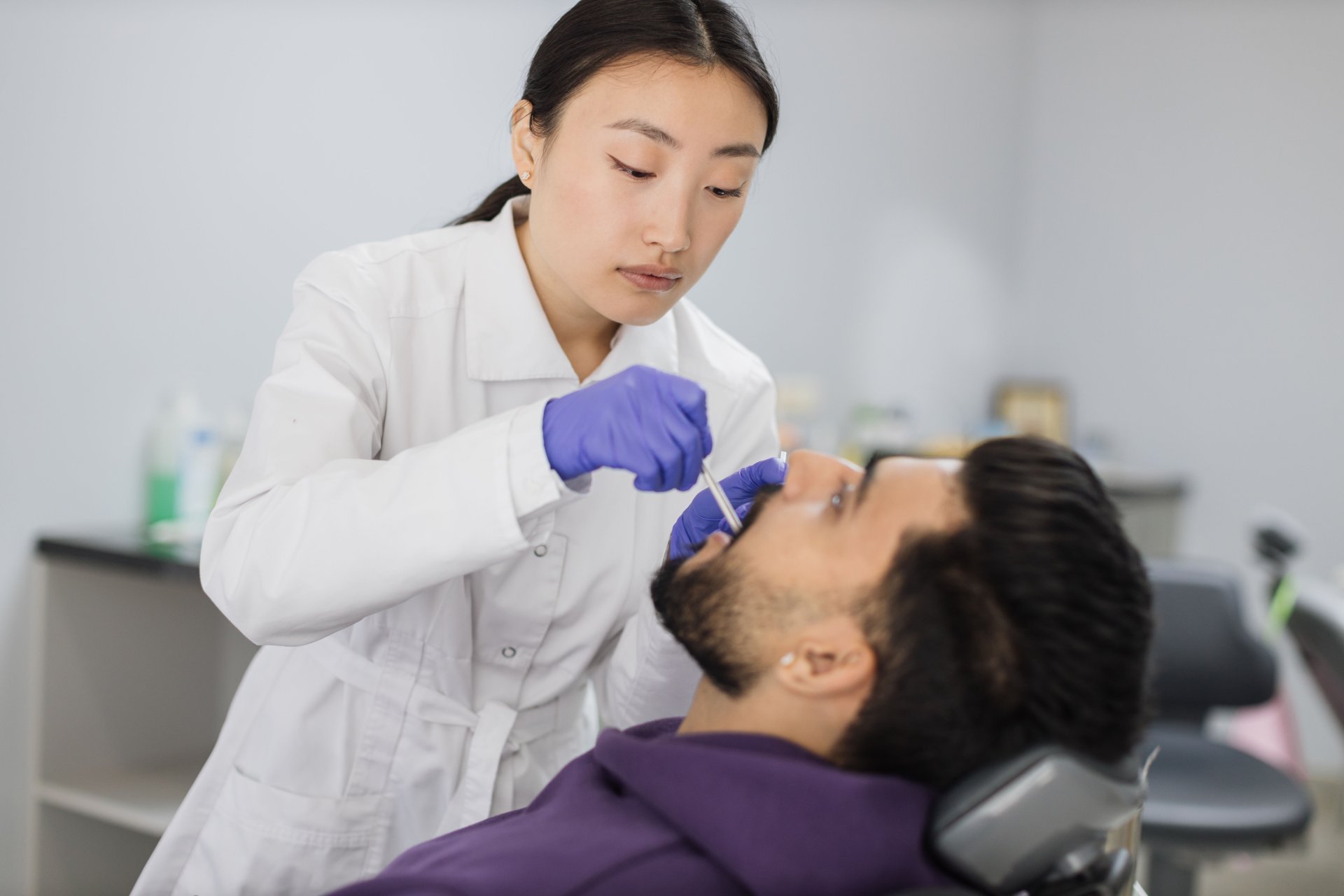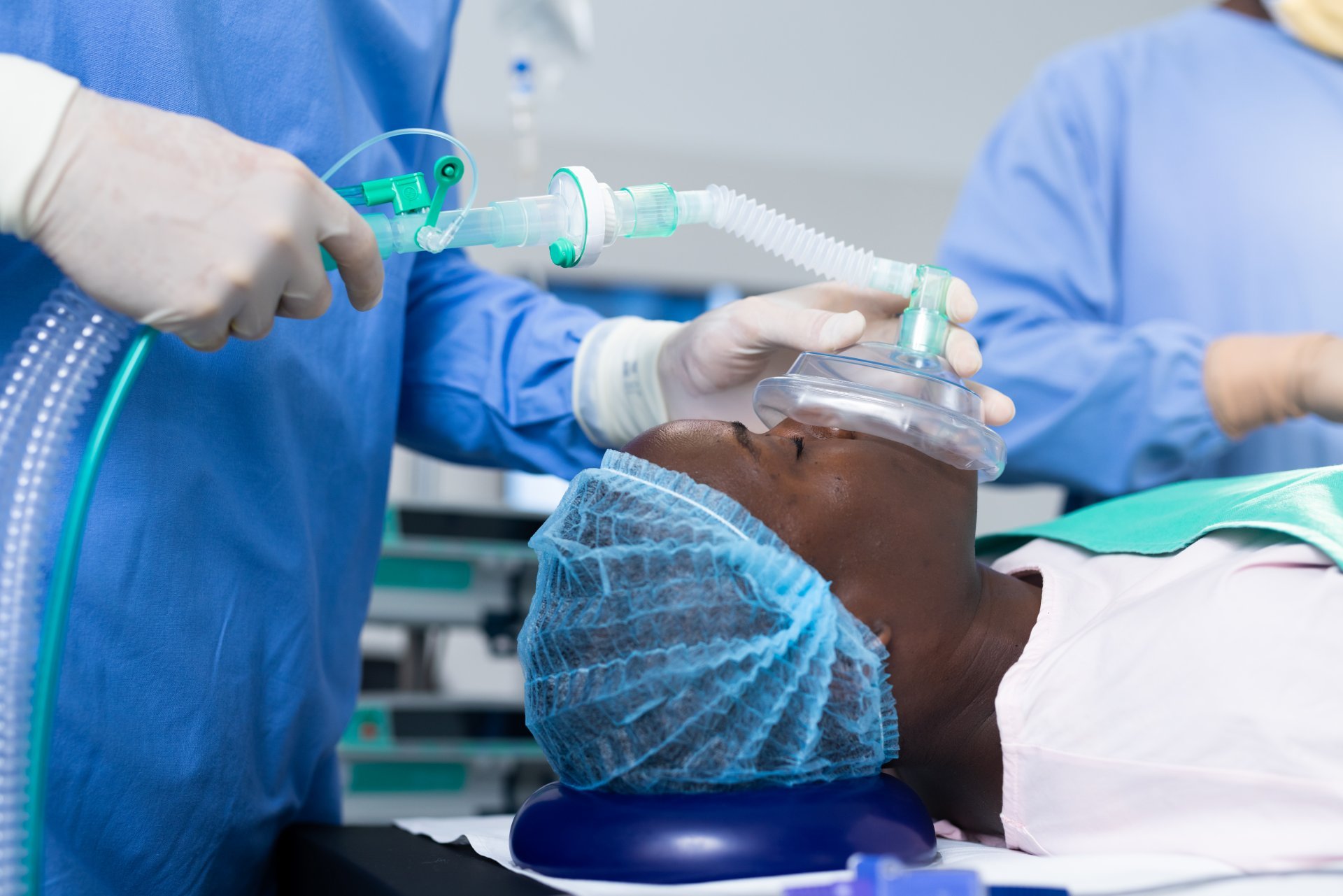Throughout 2024, the healthcare industry is expected to continue its steady growth. Because of the needs of an aging population and the large number of current healthcare workers rapidly approaching retirement, entering the medical field is a good choice. But which medical specialties are currently in demand?
Nurse Practitioner (NP)
Nurse practitioners are among the most highly sought medical specialists. This job earned the highest spot on U.S. News & World Report’s 100 Best Jobs for 2024. A nurse practitioner is a registered nurse who has additional education, allowing them to take patient histories, order labs, prescribe medicines in some states, and much more.
Nurse practitioners often specialize in treating specific patient populations—many train to work in areas like women’s health or pediatrics. Others choose to focus on academia or research. They can work in a variety of settings, including hospitals, outpatient care centers, and physician offices.
Requirements for this job are usually a Master of Science in Nursing or a Doctor of Nursing Practice. Nurse practitioners must be licensed as registered nurses.
One of the benefits of working as an NP is the possibility of collaborating with physicians while also having a degree of autonomy that allows them to make independent clinical decisions.
Physical Therapist Assistant (PTA)
Physical therapist assistants are aides who work under the supervision of physical therapists. They help patients who are recovering from illnesses and injuries regain function and mobility while also managing pain.
PTAs typically observe patients before, during, and after therapy, reporting physical status to the physical therapist. They also help patients perform specific exercises and provide a variety of additional services, like massages and stretching. PTAs help clean equipment and perform clerical tasks, as well.
PTAs can work in a number of care settings, including hospitals, schools, fitness centers, nursing facilities, and more. Those who have associate degrees and are licensed tend to have the best opportunities.
Respiratory Therapist
A respiratory therapist helps patients who are struggling to breathe. They work under the direction of doctors and treat many types of patients, from infants to seniors.
A respiratory therapist’s day may consist of activities like:
- Analyzing sputum and blood in a lab
- Assisting with diagnosing breathing disorders
- Educating patients on breathing and lung disorders
- Managing breathing equipment and devices
- Evaluating patients and performing tests
A respiratory therapist may perform tests that check for lung capacity while conferring with surgeons and physicians. Typically, these therapists hold an associate’s or bachelor’s degree in respiratory therapy. They must also have a license in the state in which they work.
Lots of respiratory therapists go on to get certification, like Registered Respiratory Therapist credentials. A respiratory therapist may work in many types of settings, including nursing homes, clinics, and hospitals.

Dental Hygienist
A dental hygienist is a medical professional who works with a dentist to help patients achieve oral health. They perform teeth cleanings, dental X-rays, oral health screenings, and so much more.
The goal of a dental hygienist is to prevent and treat diseases that impact gums and teeth. Each state has unique requirements for dental hygienists, but the minimum throughout most of the country is to get an associate’s degree.
Hygienists must also pass the National Board Dental Hygiene Examination and obtain a license in their practicing state. As with other medical specialties, the field of dental hygienist is expected to continue growing.
Home Health Aide
As a large number of the population ages, the need for home health aides is skyrocketing. Home health aides offer essential support to patients who need help with everyday tasks.
To become a home health aide, most people need to participate in programs offered by vocational schools, home health agencies, or community colleges. The training to become an aide includes basic healthcare skills, personal care techniques, and in some instances specialized training that suits a patient’s specific needs.
Typically, home health aides work in residential care facilities or in patients’ own homes. It’s possible to work independently or be part of a home health agency. You work with people who are disabled, elderly, recovering from illness, or otherwise unable to care for themselves.
A home health aide provides assistance with the activities of daily living like dressing, grooming, bathing, and more. An aide can also perform basic health-related tasks, including checking vital signs and helping with any exercises that healthcare providers prescribe. Administering medications under a nurse’s supervision is another crucial task.
Home health aides provide emotional support and companionship to their patients, too. They contribute to the field of community-based and home-based care, offering services to diverse communities.

Certified Registered Nurse Anesthetists (CRNAs)
CRNAs are advanced practice registered nurses who specialize in anesthesia care during procedures. They monitor people who’ve just received or are recovering from anesthetics.
A CRNA’s education takes about seven years, requiring a bachelor’s degree in nursing or another four-year undergraduate program and nursing school. You also need to pass the nursing exam and get your license in the state in which you will practice. Another requirement is at least one year of nursing experience in an intensive care unit.
It’s essential that you complete a master’s degree or doctorate from an anesthesia program and pass the National Certification Examination.
Certified registered nurse anesthetists assess a patient’s physical response to anesthesia and educate people before and after receiving anesthetics. They also provide accurate dosages before procedures, working with doctors, dentists, anesthesiologists, and many other medical professionals to offer the right level of care.
One of the most important aspects of a CRNA’s job is to identify any possible risks a person undergoing anesthesia may face.
Jump-start your healthcare career in 2024
With the medical field growing by the day, offering your services in a specialized field can mean finding rewarding job opportunities anywhere in the country. At Prolink, our recruiters can help you find the kind of jobs you’ve been searching for.
Don’t wait to begin your new journey to more fulfilling work. Contact us at Prolink today to speak with one of our recruiters, or click below to create your account.










